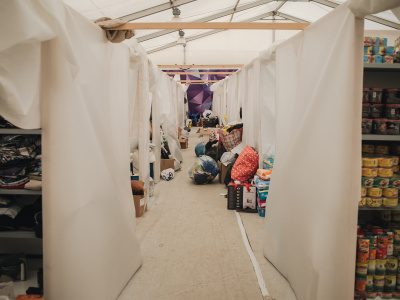
EC Green Paper on Inclusive Growth and Sustainable Development: Preliminary Reflections for the Secretariat of the African, Caribbean and Pacific Group of States
On 10 November, the European Commission published the Green Paper “EU development policy in support of inclusive growth and sustainable development. Increasing the impact of EU development policy”. Linked to the Green Paper is a public consultation process that runs until 17 January 2011. Individuals, organisations and countries are invited to send their reactions on the Green Paper. The Commission indicates in the paper that in particular contributions from the EU’s partners in developing countries would be greatly valued. Commissioner Piebalgs visited the ACP House and presented the paper immediately after the Commission had adopted it. With the ACP Group of States being at the core of EU development cooperation, the group as well as individual ACP countries, organisations and individuals can provide important input to the consultation process.
There is a distinct political and institutional background to this paper that is worth exploring briefly. First in an age of austerity and with the EU budget under pressure there is a desire for EU and EC development assistance to be seen to be giving value for money. Secondly there is a “relatively” new European Development Commissioner who does not come from a development background but has a reputation for being an effective manager who wants to “set out his stall”. Thirdly it comes at a time when the Commission is eager to protect its unique engagement and contribution to development, particularly vis-à-vis the European External Action Service, while at the same time be seen to be giving EU leadership. Fourthly, the global development agenda is shifting and there is a need to reflect and refocus and this is one serious and early attempt by the EU to do so. Finally there is the growing concern that the EU is loosing strategic ground in developing countries to China and rising emerging powers who have adopted a more aggressively “win, win” economic diplomacy approach.


